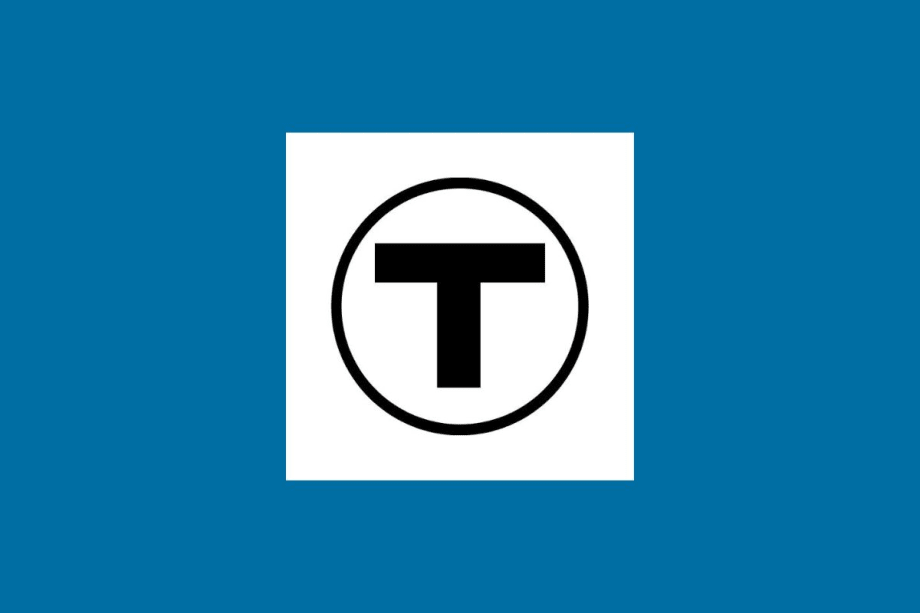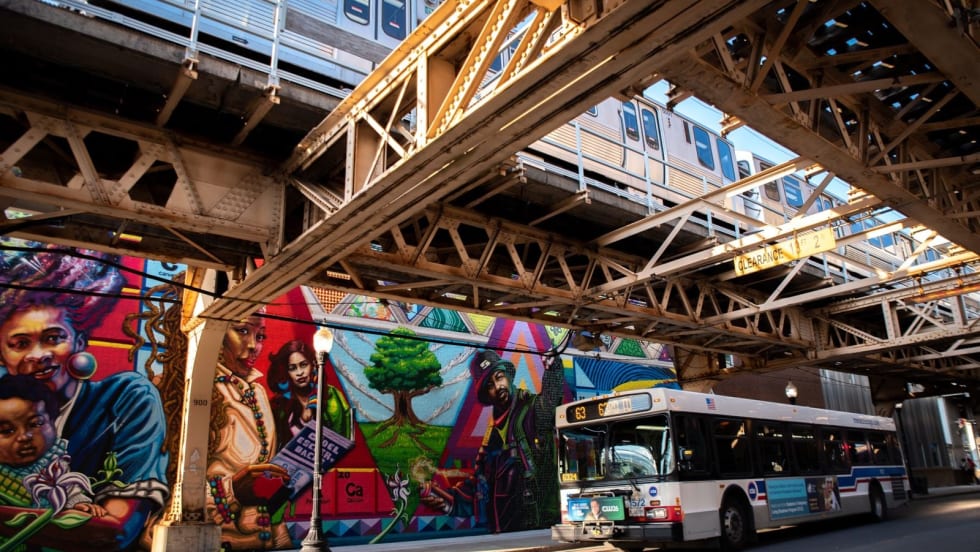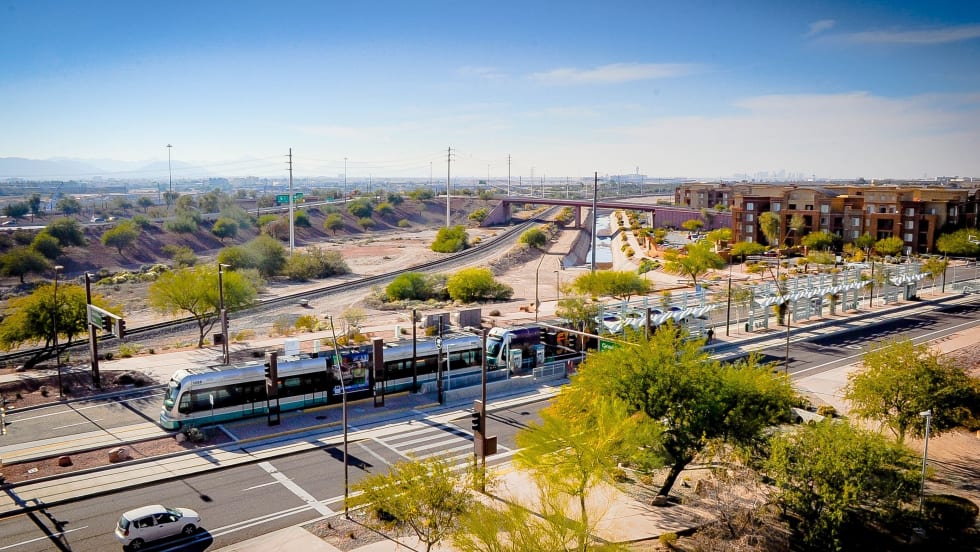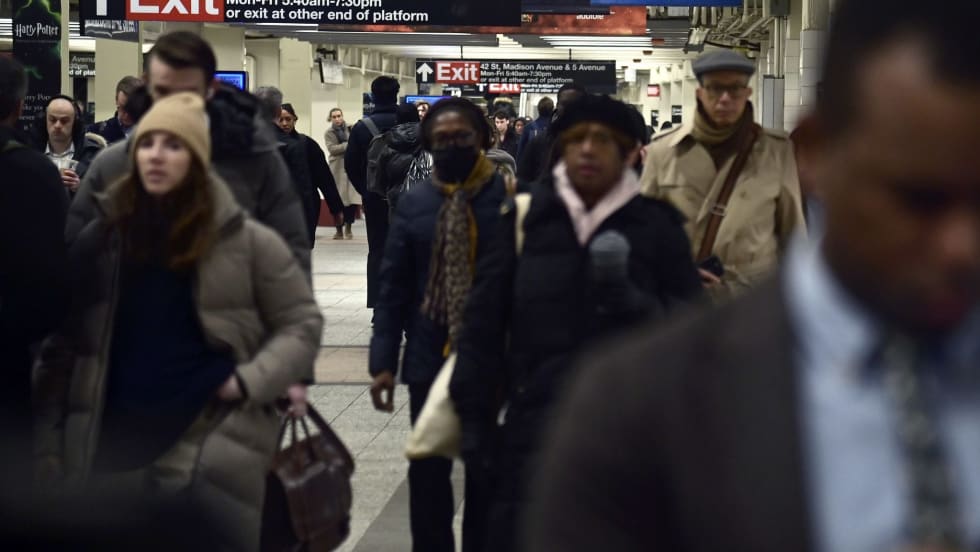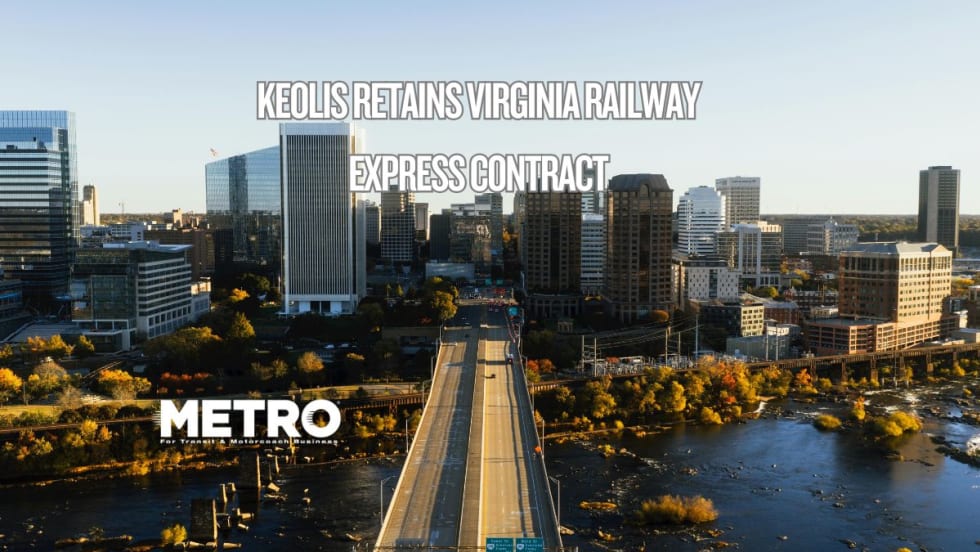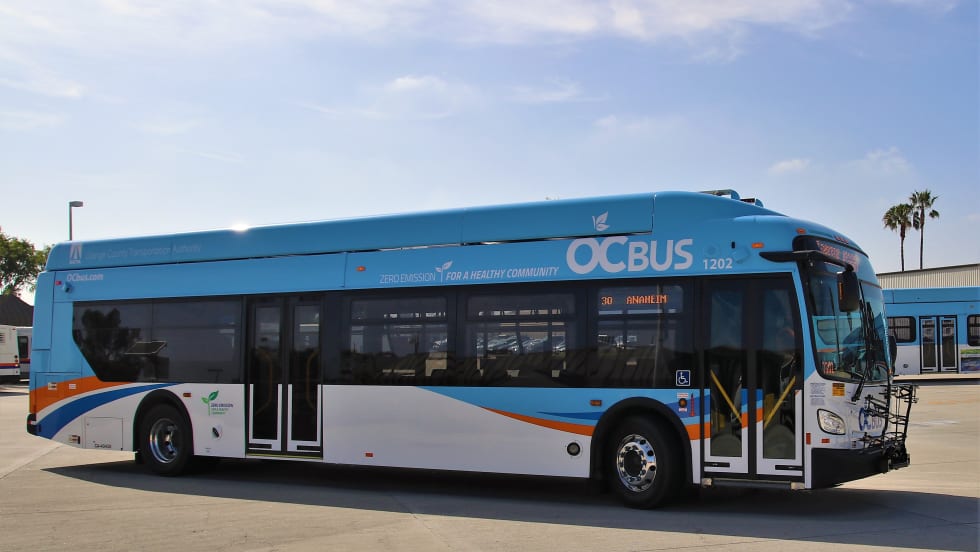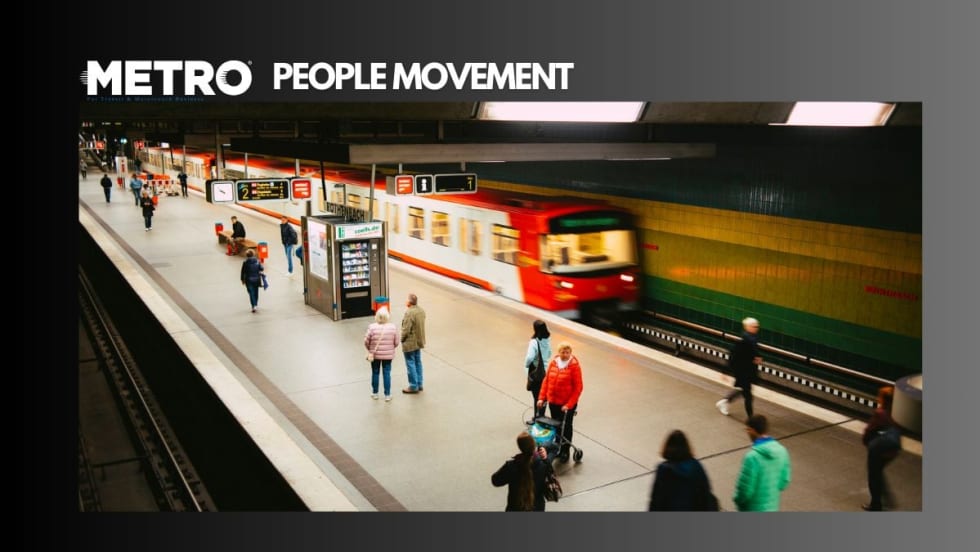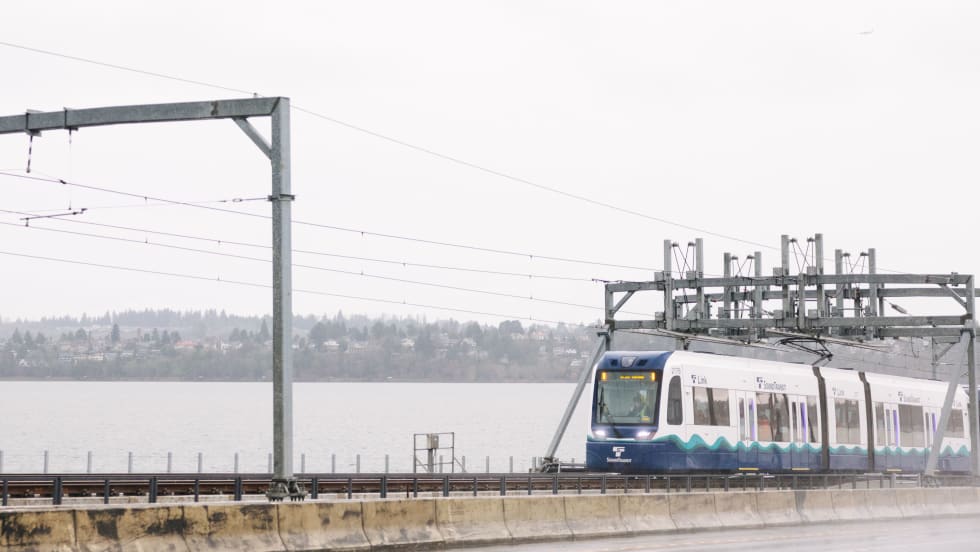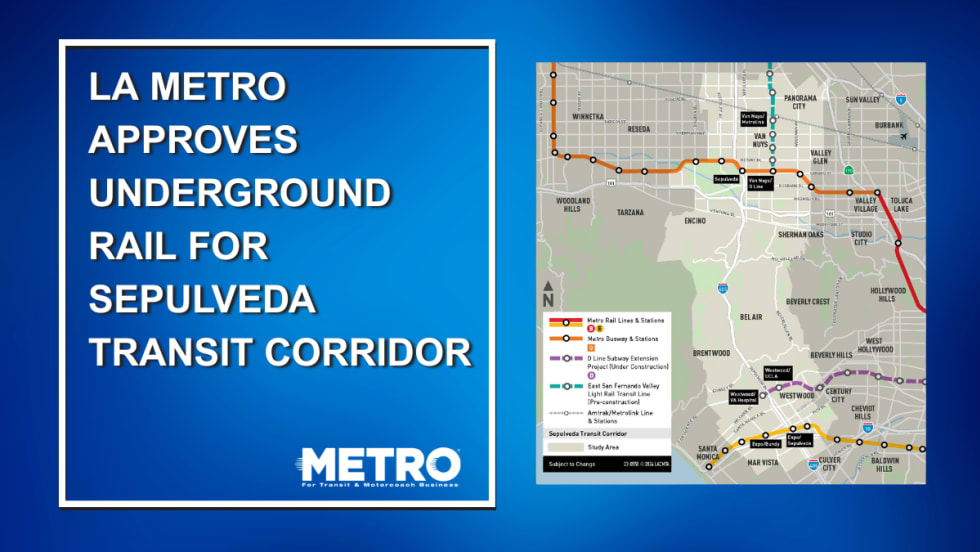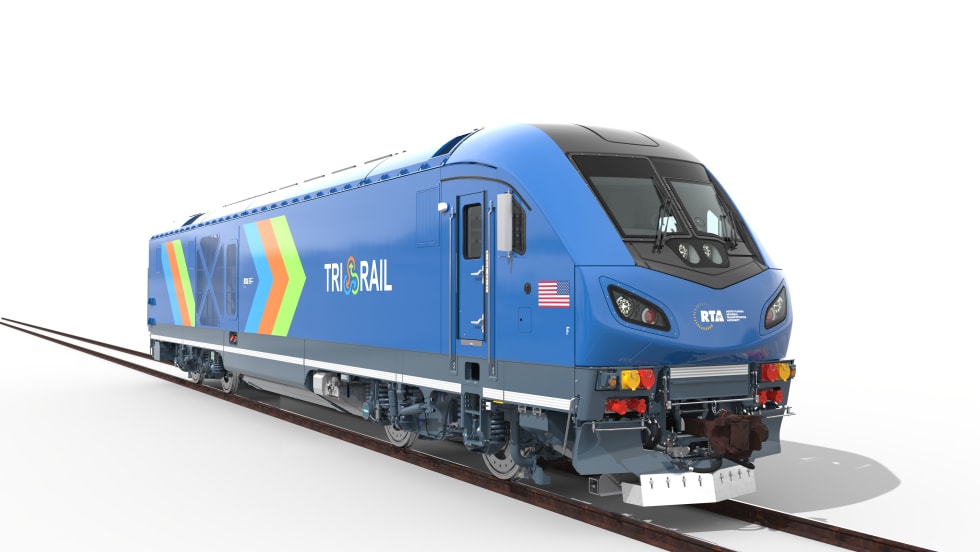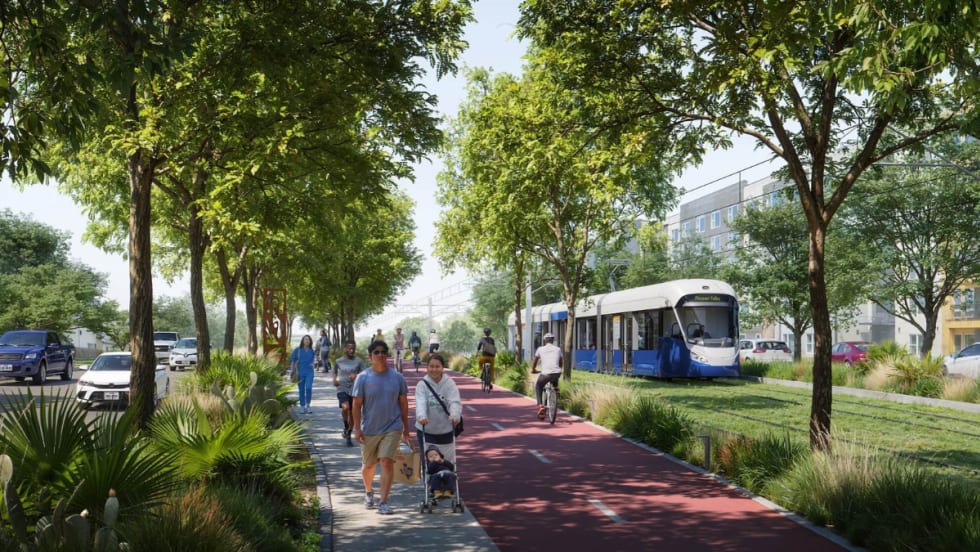The Healey-Driscoll Administration, the Massachusetts Congressional delegation, and Boston Mayor Michelle Wu are celebrating that Massachusetts has been awarded nearly half a billion dollars from the U.S. Department of Transportation to replace the North Station Draw One Bridge.
The project will allow for more train capacity, faster and more reliable rides, and increased safety on MBTA commuter rail and Amtrak trains.
MBTA’s Huge Fed Funding
The $472,300,616 awarded to the MBTA came from the National Infrastructure Project Assistance program (MEGA) as part of the Multimodal Project Discretionary Grant program. This is the largest federal award the MBTA has won to date.
“We know that improving our transportation infrastructure is critical for improving quality of life and making sure Massachusetts remains the best place to live, work, raise a family and build a future,” said Gov. Maura Healey. “That’s why our administration is competing so aggressively to win federal funding that can be put toward our roads, bridges, and public transportation.”
Draw One Drawbridge
Draw One is a Depression-era drawbridge that spans the Charles River and connects the Cities of Boston and Cambridge.
The bridge carries the MBTA Commuter Rail and Amtrak trains, serving approximately 11,250,000 passengers per year.
The MBTA lines that utilize the bridge are the Haverhill, Lowell, Newburyport/Rockport, and Fitchburg Commuter Rail lines.
Project features include the replacement and modernization of the existing drawbridge, replacement of a control tower, extension of the bridge platform, connection of tracks 11 and 12 to the existing network, station improvements, and upgrades to track, signal, communications, and infrastructure.
The project will also support more than 14,500 jobs, make the bridge more climate resilient by bringing it above project sea-level rise, and lower emissions.
“This award continues to demonstrate our aggressive approach to pursuing all funding opportunities under the lead of the Healey-Driscoll Administration as we pursue every available federal grant,” said MBTA GM Phillip Eng. “Our Grants and North Station Drawbridge teams deserve all the credit for their exceptional work to secure this funding which allows us to ensure the efficient and reliable movement of all North Station train lines while greatly improving our ability to provide more frequent, regional rail-style service across the entire northside corridor to serve future generations to come.”
The Quest for Federal Funding
The Healey-Driscoll Administration has prioritized aggressively competing for federal funding.
Since Gov. Healey took office, the state has pulled in almost $8 billion in federal funding, including over $4 billion allotted by formula and more than $3.5 billion in discretionary grant awards.
The funds have successfully supported projects across the state related to transportation, climate resiliency, job creation, and economic development.
This is the latest in a string of federal grants awarded to the MBTA, which has successfully secured an award from every grant program it has applied for since the beginning of the year, signaling a growth in confidence in its ability to efficiently deliver productive results.
Recent awards include $67.6 million to advance accessibility at MBTA Green Line stations, nearly $40 million in support of the Battery-Electric Bus Transition Phase 1B Project to replace the diesel-fueled buses at the Quincy Bus Maintenance Facility with state-of-the-art battery-electric buses (BEBs), $22 million to construct hybrid center-running bus lanes and make bike and pedestrian improvements through the Lower Broadway Everett Transit Priority Corridor Project, $3.8 million in transit security funds, $2.1 million to pilot technology upgrades on 175 buses to assist with “blind spot” challenges, and $1.2 million to advance the Alewife Station and Garage Technical Assistance Program.




